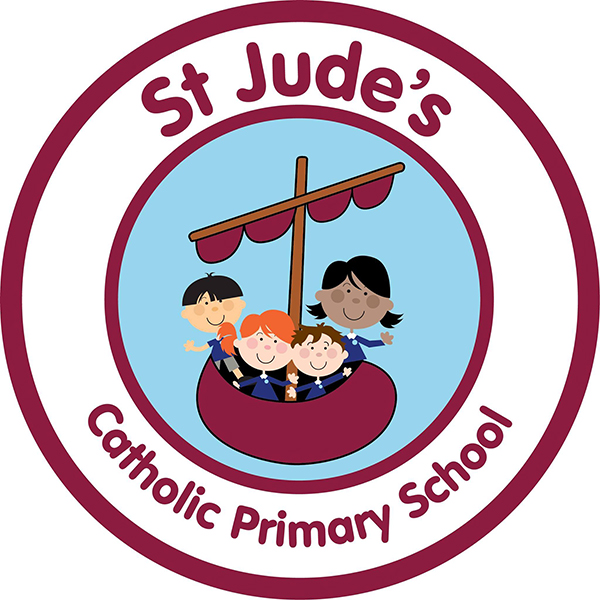
Year 4 Remembrance Day
We reflected on the importance of peace and gratitude, and created our own poppies as a sign of remembrance for all who have served and sacrificed. We keep them in our prayers. ♥️
100Our PSHE curriculum aims to embrace the challenges of supporting our children to grow up in today’s society equipping them to create a happy and successful adult life for themselves. We believe that providing a nurturing environment helps our children to feel comfortable to explore and develop personally through self-reflection. We understand the importance of PSHE to support children’s mental health and well-being and so all children have the opportunity to freely express themselves in a safe and caring environment where all opinions and values are celebrated and welcomed.
Our PSHE curriculum is personalised to meet the needs of our learners. Teachers model good speaking and listening skills to empower children with the emotional vocabulary they need to express their thoughts and feelings. Enrichment opportunities are provided in PSHE in order to ensure children always ‘aspire to be more’.
We aim to equip children to have the skills to be able to succeed in many different areas of the curriculum and throughout life as the learned skills are transferrable. We encourage children to develop their growth mind-set and persevere through any challenges they may face. We provide our children with opportunities for them to learn about rights and responsibilities and appreciate what it means to be a member of a diverse society. Our children are encouraged to develop their sense of self-worth by playing a positive role in contributing to school life and the wider community.
PSHE lessons aim to support children develop resilience, to know how and when to ask for help and to know where to access support. In today’s ever-changing society where children are faced with many challenges we use PSHE as a way for us to help our children reach their full potential. We want children to be happy, feel safe and able to be engaged in their learning.
At St. Jude’s, we have tailored the PSHE Association scheme of learning to meet the specific needs of our learners. Our PSHE curriculum is split into three core themes: Health and Wellbeing, Relationships and Living in the Wider World. The children will meet these themes throughout the course of the year and the themes are built upon as the children move through school.
Across school, children use floor books to record their responses to focus questions in PSHE sessions. These books travel with the children as they move to the next year group so they can look back at their learning and the next teacher can see the starting points. In KS1 and KS2, the children also use learning journals to record their learning in a more reflective way, returning to their learning at the end of the topic to display their progress.
Through the programme of study, the children should have a good balance of these main concepts: Identity; Relationships; A healthy, balanced lifestyle; Identification of risk and safety; Diversity and equality; Rights, responsibilities and consent; Change and resilience; Careers.
At St. Jude’s, we believe that PSHE plays a vital part of primary education and needs to be taught at least weekly; although there will also be opportunity to make cross curricular links and these opportunities should not be missed. This enables staff to ensure full coverage of the PSHE scheme of work. There are always occasions where staff may feel it necessary to teach PSHE as a result of an issue which has arisen in their own class, community or in the wider world.
PSHE is integral to the development of children’s values in order for them to become a positive citizen in a forever changing world.
PSHE is an important part of our school assemblies and collective worship, where children’s spiritual, moral, social and cultural curiosity is stimulated, challenged and nurtured.
As part of our PSHE curriculum, we follow a scheme called No Outsiders to teach about The Equality Act
overview-of-books-All-are-Welcome-St-JudesWebsites to support your child with PSHE at home, click on each website to explore.